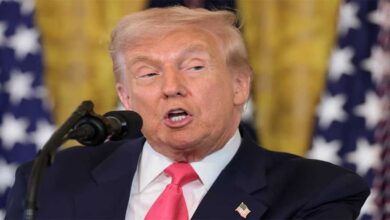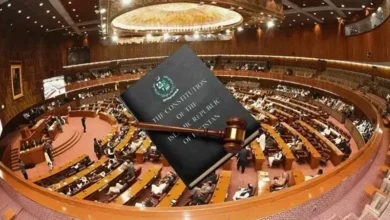Patents assign the ownership of a new invention to its creator.
At its core, the argument is about whether a law written for human inventors can be applied to machines.
The appeal court ruled against Stephen Thaler, creator of a system called Dabus, who took a case against the UK’s Intellectual Property Office (IPO) which refused patents to his AI.
It is the latest such judgement in a long-running battle to grant machines the status of inventor.
Earlier this month, Mr Thaler lost a similar case in the United States – although he has won elsewhere.
Mr Thaler filed two patent applications in 2018, one for a type of food container and one for a flashing light. But he did not list himself as the inventor.
Instead, he chose to list Dabus, arguing that he should be granted the patent, “by ownership of the creativity machine” – while making clear that Dabus, not he, was the inventor.
The IPO told Mr Thaler he needed to list a real person as the inventor – something he did not do, and the IPO decided that the application had been withdrawn.
Mr Thaler took the case to the High Court – where he lost – and onward to the Court of Appeal.










